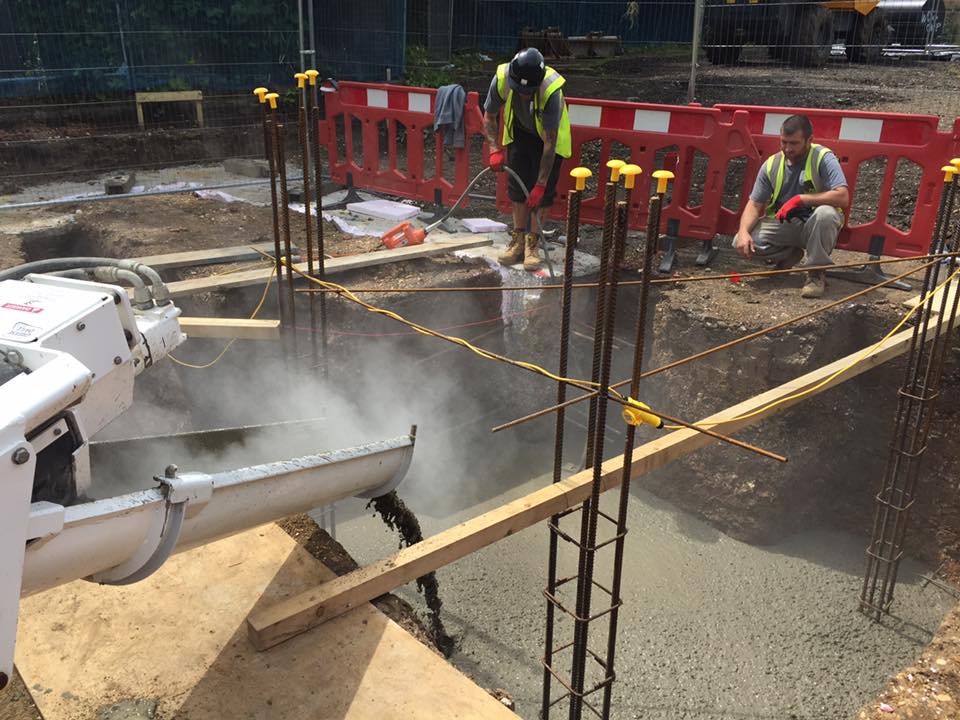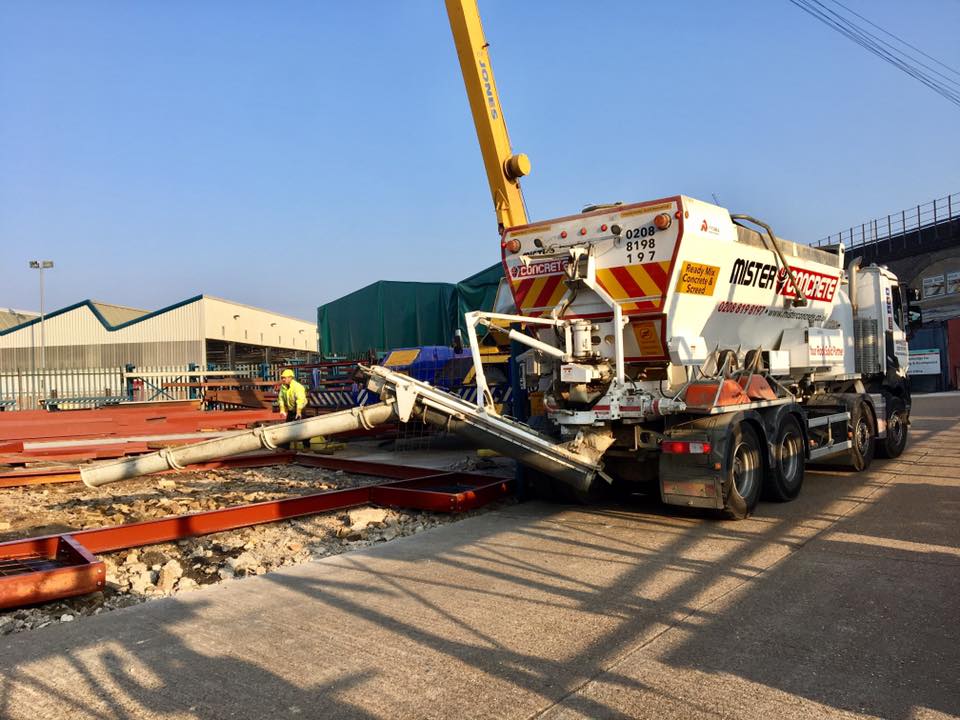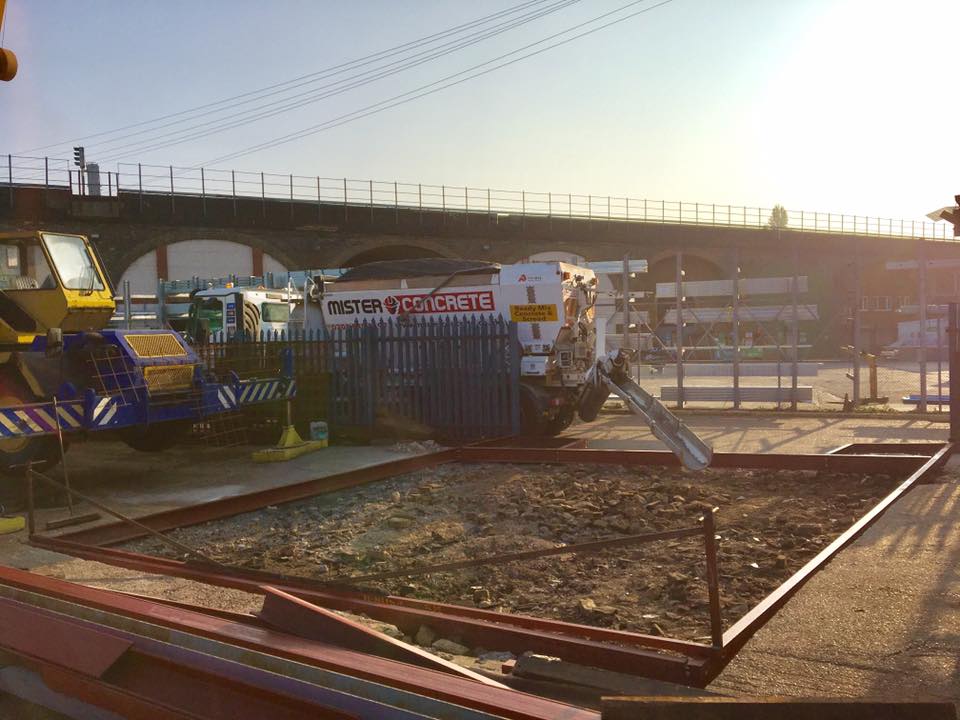- Email us at:info@misterconcrete.co.uk
Any construction project depends largely on the quality of material delivers to create a strong and sustainable structure. The project planning starts with making the right choices on the type of concrete to use. It is important to consider using the recommended concrete for different construction projects. The formula and ingredients used in making the concrete define its quality and ideal usage. In the modern world, many new companies are investing heavily in research to develop new formulas to manufacture better quality concrete. However, the market currently provides many types of concrete products to address unique building needs. The use of concrete is a basic requirement in both commercial and personal projects. As a result, the type of concrete used is dependent on the nature of construction work.
The project planning starts with making the right choices on the type of concrete to use.
Normal weight or Normal strength concrete
This type of concrete is also known as regular concrete. It is the most common used in the market and readily accessible to the client’s usage. It is mostly used in the home environment to undertake construction projects. However, the concrete is not recommended for construction work in severe weather condition. Sand is used as an aggregate for the concrete including other materials which are mixed using improvised vessels. The average setting period for the concrete is between thirty to ninety minutes.
High strength concrete
The type of concrete is characterized by a compressive strength exceeding 6000 pounds per square inch. In making the mixtures, the ratio of water to cement is limited to 0.35 or lower. However, by reducing the water-cement ratio, the cement develops a workability problem. This challenge is addressed by adding superplasticizers in the concrete mixture. Also, an appropriate choice of aggregates for the concrete is required to achieve more strength. High strength concrete is suitable for constructing high-rise structures that involve highly compressive loads. Practical applications of the concrete include building foundations, shear wall, and bridges in some instances.

High-performance concrete
This type of concrete comprises a mixture that has higher strength and durability than the conventional concrete. Its mixture design is optimized to yield better quality concrete than the regular concrete. Also, the mixture is composed of silica fume, fly ash and superplasticizers to improve workability. The cementitious material is integrated to achieve an ideal concrete mix for high strength and low permeability structures. This type of concrete is more durable than conventional and regular concrete. High-performance concrete is ideal for the construction of high-rise building, bridges, tunnels, pavements and nuclear structures.
Pervious Concrete
This concrete type is designed to allow water penetration into the concrete by use of networks of holes in the material. The concrete contains a limited amount of sand which enhances its void content. An array of cementitious materials creates a coat on the aggregate materials hence establishing a highly permeable mixture. As a result, the concrete allows water to pass through the concrete and seep into the ground naturally. This technology is an important feature in the structure’s environmental sustainability consideration. The porousness of the mixture is exploited in developing customized concrete for different condition and structures needs. Pervious concrete is conventionally used in the construction of pavements. The pavements exploit on the concrete’s permeability to drain run-off water.
The concrete allows water to pass through the concrete and seep into the ground naturally.
Air-EntrainedConcrete
The concrete is manufactured using air-entraining of Portland cement or introducing agents of air-entraining. Concrete made through the process contains billions of microscopic air cells in each cubic foot. The air cells create air pockets in the cement which relieve the concrete’s internal pressure. This functionality is achieved by providing chambers for water expansion when its freezes. The conventional entrained air is 4-7 % of the total concrete volume. Due to its versatility in used under severe weather conditions, the concrete is recommended for the construction of roads, tunnels, bridges, dams, soils containing sulfate and projects in cold countries.
Lightweight concrete
This type of concrete utilizes the lightweight aggregates used in ordinary concrete including; sand, clay, foamed slag, crushed stones, etc. The concrete has an air-dry density ranging between 400 kg/m3 and 2000 kg/m3 contingent on used materials. Moreover, the cement has compressive a capacity between 1 and 65 N/mm2. Its design is optimized for improved thermal properties, reduced structural loading, and fire resistance. The concrete is used for roof insulation, void filling, bridge abutments, trench reinstatement, floor construction, tunnelling, wall construction and road sub-base among others.
Self-compacting concrete (SCC)
This is a fluid concrete mixture that can consolidate under its weight. It is also considered as an advanced construction material. The ingredients of the concrete are fundamentally different from that of regular concrete. Aggregate use is less coarse, and it integrates superplasticizers and small quantities viscosity modifying agents. The aggregates represent a larger percentage of the concrete and promote its dimensional stability. The shapes and gradation of aggregates are optimized to create a more fluid concrete that can access sections with congested reinforcements. Application of the concrete in construction in includes house building, bridges and tunnels. Some of the world’s tallest buildings such as the Burj Khalifa used this type of concrete for its construction.
categories
latest posts
- Expert Tips for Choosing the Best Screed for Underfloor Heating (UFH)
- 15 Must-Have Tools for Working with Raw Concrete
- What exactly does high quality mean when it comes to ready mix concrete?
- Concrete construction safety: Make sure you follow these important rules
- Prefabricated Houses - Is This the Future of UK Housing?
- Useful tips for pouring concrete during cold weather
services
Mister Concrete serves domestic, commercial and industrial clients delivering high quality certified ready mix and onsite mixed concrete.
Get in touch with us now
Do not hesitate to use our contact form or give us a call and one of our professionals will be happy to help.


comments